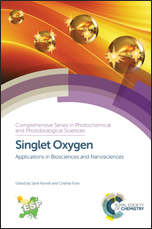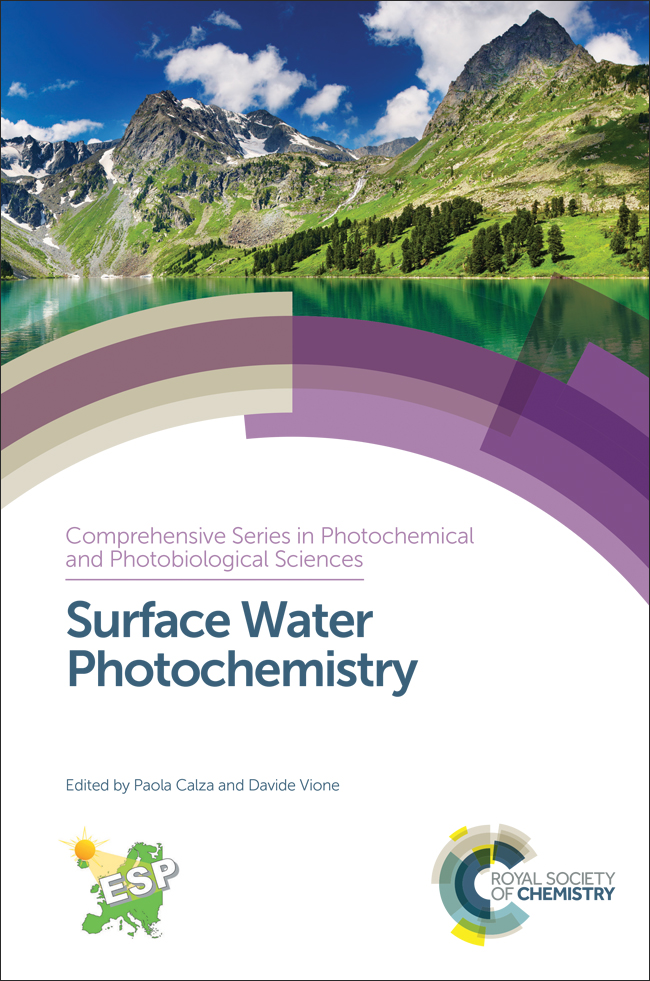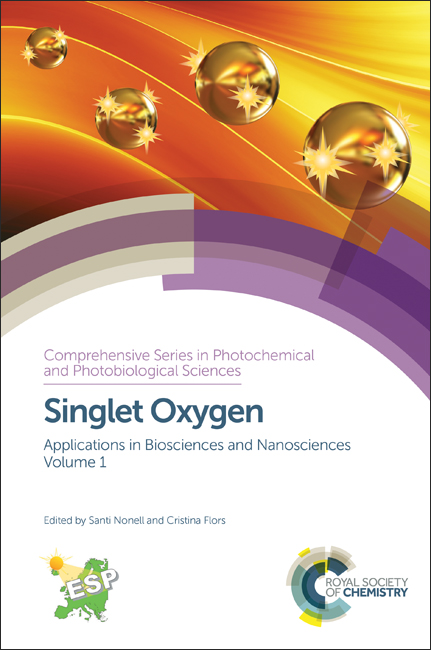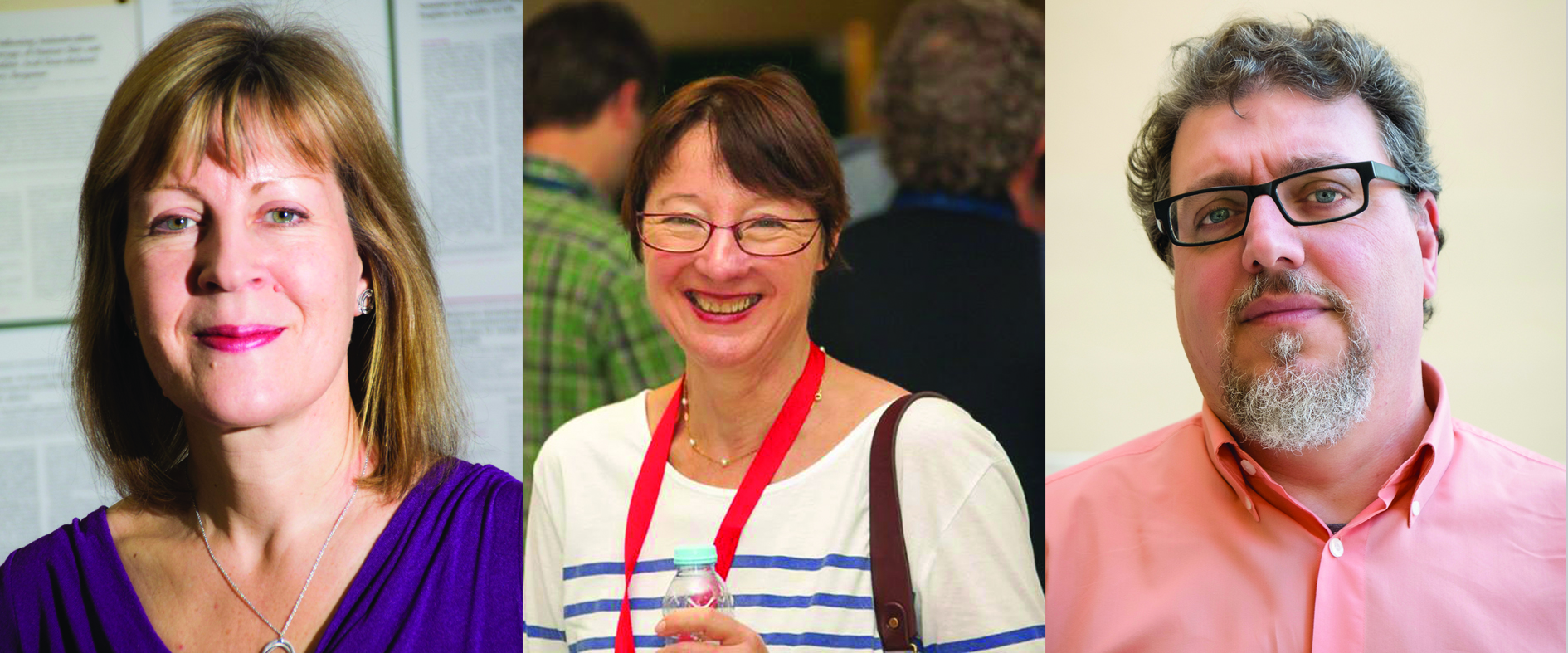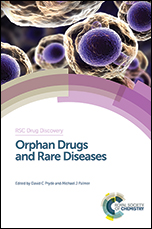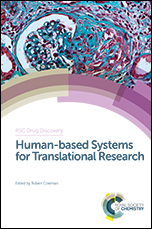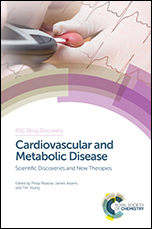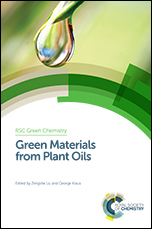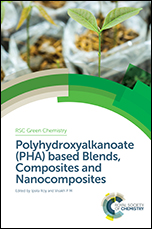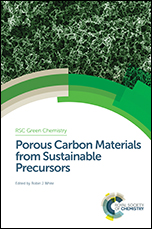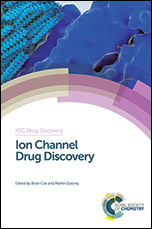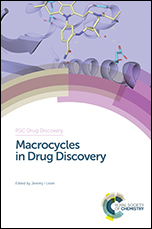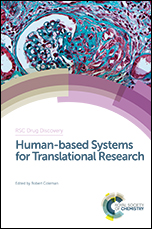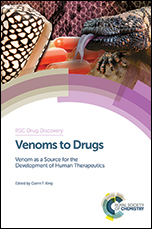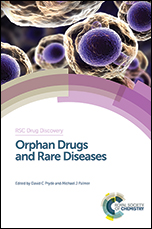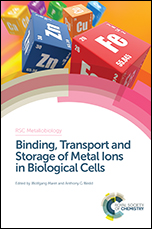The RSC has launched a new Book Series that will provide a suite of reference books on cutting-edge research at the interface of chemistry and biology. The first books in the series will be published in 2016. Find out more here.
Do you have an idea for a book topic for the series? Would you like to edit a book in the series? We would love to hear from you. Email Rowan Frame, Books Commissioning Editor.
Meet the new Editorial Board:
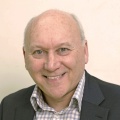 Professor Tom Brown, Editor-in-Chief
Professor Tom Brown, Editor-in-Chief
University of Oxford, UK
Tom’s research interests centre on Nucleic acids chemistry, in particular the relationship between structure and function, DNA sequence recognition and the application of oligonucleotide chemistry to genetic analysis, diagnostics and therapeutics. He is co-founder of three biotech companies: Oswel, ATDBio and PrimerDesign. He was recently awarded Chemistry World Entrepreneur of the Year 2014.
Tom received his first degree in Chemistry at Bradford University, where he was awarded the Griffin and George Prize as most outstanding graduate. After a PhD at Bradford with Gordon Shaw he moved to Nottingham University, then to Oxford and Cambridge Universities to carry out postdoctoral research with Leslie Crombie and Gerry Pattenden FRS, John Jones and Olga Kennard OBE FRSrespectively. In 1985 he was appointed to a lectureship in Biological Chemistry at Edinburgh University where he was promoted to Reader and then Professor of Nucleic Acids Chemistry, and in 1995 he moved to a Chair in Chemical Biology at the University of Southampton. Tom was appointed Professor of Nucleic Acid Chemistry at the University of Oxford in 2013.
 Professor Kira J. Weissman, Series Editor
Professor Kira J. Weissman, Series Editor
Lorraine University, France
Kira has been in her present position, Professor of Enzymology at Lorraine University since 2010. Her current research interests include the mechanistic enzymology and structural biology of modular polyketide synthase and nonribosomal peptide synthetase systems.
Kira obtained her BS in Chemistry from Stanford University, California in 1995. Receipt of a Churchill Fellowship allowed her to relocate to the United Kingdom, where she carried out MPhil (1996), PhD (2000) and post-doctoral research at the University of Cambridge with Professors Jim Staunton and Peter Leadlay. Her work at Cambridge was supported by several competitive fellowships, including a Royal Society Dorothy Hodgkin Fellowship. Following nomination to a lectureship in the Department of Biochemistry, she moved in 2007 to the University of Saarland, Saarbrücken, Germany, to work in the group of Prof. Rolf Müller as an Alexander Humboldt Research Fellow. Dr. Weissman has been in her present position, Professor of Enzymology at Lorraine University, Nancy, France, since 2010.
 Professor Chris L. Dupont, Series Editor
Professor Chris L. Dupont, Series Editor
J. Craig Venter Institute, USA
Chris is an Assistant Professor in the Microbial and Environmental Genomics department at JCVI. His primary research focus is microbial physiology and the environmental and evolutionary influence on physiological variation. Since sequencing the first free-living bacterium, Haemophilus influenza, Chris’ department have been leading the field of microbial genomics.
Prior to joining JCVI, Chris received his Ph.D. in Oceanography from the Scripps Institution of Oceanography where he studied a variety of subjects including oceanic nickel biogeochemistry and the evolution of Ni-superoxide dismutase. Chris received a Bachelor’s Degree in Natural Resources and a Master’s Degree in Biological and Environmental Engineering from Cornell University.
 Professor Sabine Flitsch, Series Editor
Professor Sabine Flitsch, Series Editor
University of Manchester, UK
The Flitsch group at the University of Manchester is very interdisciplinary, consisting of synthetic chemists, enzymologists and molecular biologists and is involved in several topics that fall within the broad area of Chemical Biology, including glycosciences, biocatalysis and protein-ligand interactions. Sabine was recently awarded an RSC Interdisciplinary Prize.
Sabine graduated from University of Münster in Germany in 1982 with a first class Diploma in Chemistry. She received a Michael Wills scholarship to study for a D.Phil at the University of Oxford under the supervision of Sir Jack E. Baldwin. She then took up a DAAD Postdoctoral Fellowship at the Massachusetts Institute of Technology to work with Professor H. Gobind Khorana until 1988 before returning to Oxford to take up a lectureship in Organic Chemistry for 6 years. After joining the University of Edinburgh in 1995, Sabine was awarded the Zeneca Research Award in 1996 and the Glaxo Wellcome Award for Innovative Chemistry in 1997. She was also a BBSRC Research Development Fellow from 2001-4 and was recently awarded the Wolfson Merit Award by the Royal Society (2007-2012). In October 2004 Sabine moved to a Chair in Chemical Biology at the University of Manchester in the Department of Chemistry.
 Professor Nick J. Westwood, Series Editor
Professor Nick J. Westwood, Series Editor
University of St Andrews, UK
Nick’s research focusses on Chemical Biology and Natural Product Synthesis. The Westwood group works collaboratively with a number of other researchers in both these areas on various projects, such as developing sirtuin inhibitors and studying protein-protein interactions.
Nick Graduated with a first class honours degree in chemistry from the University of Oxford. He stayed at Oxford until 1995 to complete a DPhil in Chemistry with Prof. Christopher Schofield FRS. He then spent four years as a postdoctoral researcher at the University of Texas at Austin before moving to Harvard University. In 2001, he left Harvard University to become a Royal Society University Research Fellow and Lecturer at the University of St Andrews. Since 2013, he has been Professor of Chemistry and Chemical Biology at the School of Chemistry and Biomedical Sciences Research Complex at the University of St Andrews and EaStCHEM.
Related News:
You may also be interested in the Directing Biosynthesis IV Conference. Find out more at http://rsc.li/dbiv
Details: 25-27 March 2014 at the John Innes Centre, Norwich, UK


